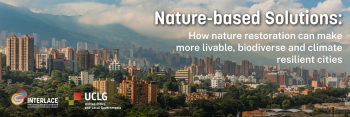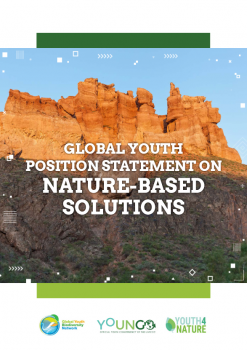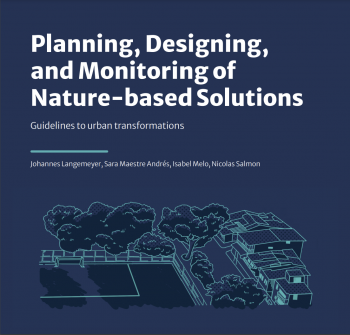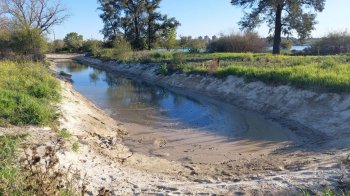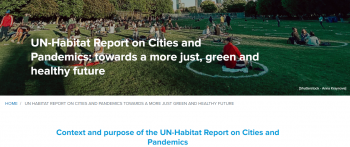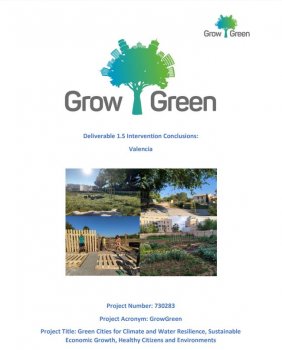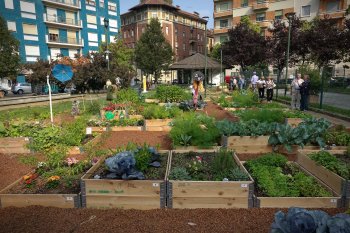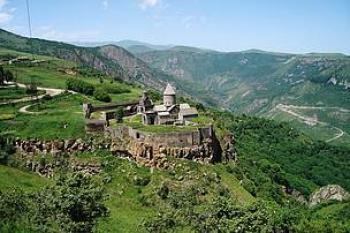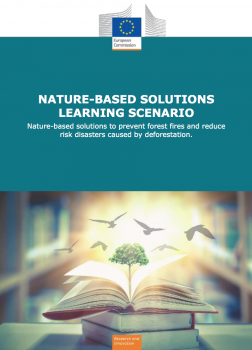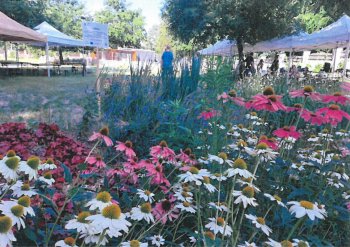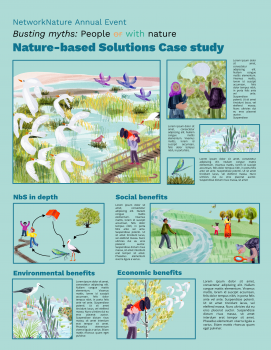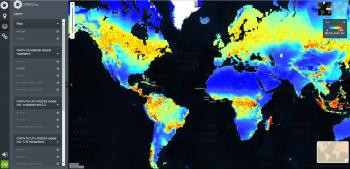Marketplace
INTERLACE MOOC on Nature-based Solutions: (1) INTRODUCTION to urban nature-based solutions as a tool to address global challenges.
Urban areas across the globe are facing unprecedented challenges—pollution, climate change, urban sprawl—and traditional solutions are falling short. The INTERLACE project’s Massive Open Online Course showcases how nature-based solutions offer a promising approach to help create resilient,
GLOBAL YOUTH NATURE-BASED POSITION STATEMENT ON SOLUTIONS
This statement represents the first-ever, globally representative and collectively crafted position from young people on “Nature-based Solutions”. We are addressing decision-makers and key stakeholders, to present our own views, priorities, and demands from the NbS conversation which,
Planning, designing and monitoring of nature-based solutions: guidelines to urban transformations
Contemporary urban planning faces multiple challenges that require innovative and holistic solutions. Rapid urbanisation, climate change, social inequalities and environmental degradation are some of the pressures facing cities. Urbanisation increases the demand for infrastructure and services,
Conexus Life-Lab factsheet series - Wetland Lugano, the restoration of an aquatic ecosystem
The Lugano wetland pilot is restoring an aquatic ecosystem lost by urbanization in the south of Buenos Aires. The pilot is led by the city government. It involves key stakeholders to promote social awareness about the benefits that wetlands provide to the community. The enhancement of biodiversity
MEZŐGAZDASÁG: Talaj = Élet
Az intenzív gazdálkodás miatt a világ termőtalajainak jelentős hányada leromlott állapotban van vagy már véglegesen meg is semmisült. Ennek oka a talajok szervesanyag-tartalmának csökkenése, az ebből következő szerkezetromlás, tömörödés és az erózió, illetve a savanyodás, a szikesedés vagy éppen a
Delivering green infrastructure along linear assets. Scoping study-phase 1 (Executive Summary)
Delivering green infrastructure (GI) can provide multiple benefits that enhance the performance, efficiency and resilience of linear infrastructure assets and can reduce whole-life costs along transport, energy and water networks. C771 identifies good practice to support the integration of GI into
Gaps and opportunities to sustainable urban development through nature-based solutions Policy Brief
The multifunctional character of nature-based solutions (NbS) enables them to provide responses to both social and environmental challenges. Analysis has shown that there is significant potential for NbS to help achieve sustainable urban development objectives. Nonetheless, challenges for
UN-Habitat Report on Cities and Pandemics: towards a more just, green and healthy future
The UN-Habitat’s report - Cities and Pandemics: Towards a more just, green and healthy future – evidences how cities can reduce the impact of future pandemics and become more prosperous, fair and environmentally friendly. The Report calls for the response and recovery to pandemics to be based on
Report on NBS professional Skill Gaps
This report identifies nature-based solutions (NBS) professional skill gaps in order to give guidance on how Nature-based Thinking (NBT) can be better integrated into higher education and professional training. To identify the skill gaps, two different approaches for data collection were deployed
The Bonn Challenge
The Bonn Challenge is a global goal to bring 150 million hectares of degraded and deforested landscapes into restoration by 2020 and 350 million hectares by 2030. Launched by the Government of Germany and IUCN in 2011, the Challenge surpassed the 150-million-hectare milestone for pledges in 2017.
GrowGreen report: Intervention Conclusions - Valencia
This report details the interventions and outcomes of the Valencia GrowGreen project, funded as part of the European Commission’s 2016 Smart Cities and Communities Call for “Demonstrating Innovative Nature-Based Solutions in Cities”. This report presents the challenges and results from the work in
Implementation of the NbS Framework in Front Runner Cities
This Deliverable reports on the implementation of the Connecting Nature Framework in the Front Runner Cities Genk, Glasgow, and Poznań. It showcases how the cities made use of the framework to implement their nature-based solutions exemplars, and summarises how the cities’ experiences contribute to
ZÖLD-KÉK INFRASTRUKTÚRA: Innovatív és hatékony megoldások zöldfelületek menedzseléséhez
A kézikönyv esettanulmányok segítségével mutatja be az URBAN GREEN BELTS (UGB) - Városi zöldövezetek projekt során megvalósított tevékenységeket. A projektpartnerek által megszerzett ismeretek és tapasztalatok alapján összegyűjtött tudásanyag a gyakorlatba is beépíthető, sokoldalú eszköz- és
Establishment of Community-based Models for Biodiversity Protection in Ecological Corridors in the Southern Caucasus (Armenia)
Establishment of Community Based Conservation Areas (CBCA) will help counteract the negative effects of unsustainable use of natural resources. CBCA models will be set up based on ecosystem services that result in biodiversity conservation and additional income for local communities via well-
Nature-based solutions to prevent forest fires and reduce risk disasters caused by deforestation
Nature-based solutions (NbS) could be defined as “actions to protect, sustainably manage, and restore natural or modified ecosystems, that address societal challenges effectively and adaptively, simultaneously providing human wellbeing and biodiversity benefits” (Cohen-Sacham, et al., 2016). NbS
Narrative Methods Factsheet
Narrative methods aim to understand and describe the importance of nature and its benefits to people with their own words. By using narrative methods we allow the research participants (residents of a certain place, users of a certain resource, or stakeholders of an issue) to articulate the plural
ZÖLD-KÉK INFRASTRUKTÚRA: Útmutató esőkertek építéséhez
"Az elmúlt években az éghajlati változások miatt olyan környezeti változásokkal kellett szembesülnünk, amelyek komoly negatív hatást gyakoroltak életünkre. Ezeknek a negatív hatásoknak az egyik oka a csapadék jellemzők megváltozása. Megoldást a szemléletváltás jelenthet, ami a csapadékvizek
- Document
Virtual Exhibition of Selected NbS Case Studies | NetworkNature Annual Event 2024
As part of the NetworkNature Annual Event 2024 "Busting Myths: People with Nature," a special poster exhibition was held alongside the panels and presentations. This exhibition showcased 9 Nature-based Solutions case studies from across the globe, offering participants a deeper
Carbon Sequestration from a Greenhouse Gas Value perspective - Study and online application
Terrestrial ecosystems regulate climate by their exchange of greenhouse gases with the atmosphere. The "Greenhouse Gas Value"(GHGV) is a measure for the greenhouse gas benefit of preserving an ecosystem over a multi-year time frame, or the cost in terms of greenhouse gases when the
- ‹ previous
- 23 of 55
- next ›

